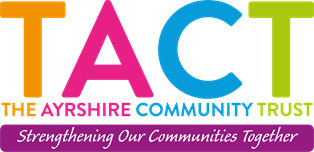We all have a moral duty to treat others with respect, but it also makes sense from a good practice point of view. When people are treated fairly, they are more loyal, give better support, performance and attendance, and you save time, effort and money on recruitment, retaining valuable skills within your organisation and keeping the support you need from your users and members.
However, treating people equally is not about treating everyone the same. Equal Opportunities are about ensuring that under-represented groups are provided with a fair and equal opportunity to participate. This means listening and responding to people’s individual needs.
Respecting and understanding the differences between people means that you are taking on broad diversity. By recognising the need for diversity you include everyone.
The statutory body dealing with the elimination of discrimination and reduction of inequality is the Equality and Human Rights Commission (EHRC)
The Equality Act 2010 lays out the legal requirements on equality that your organisation needs to adhere to.
The Act is built upon, and improves, previous legislation such as the Sex Discrinination Act 1975 and the Disability Discrimination Act 1995.
This legislation applies to the private, public and voluntary sectors and protects people from harassment and discrimination, it’s key message being that everyone has the right to be treated fairly.
The Act identifies 9 protected characteristics:
1. Age
2. Disability
3. Sex
4. Gender Reassignment
5. Marriage or civil partnership
6. Pregnancy and maternity
7. Race
8. Religion or belief
9. Sexual orientation
These characteristics protect people from discrimination as employees, and also protect service users, therefore it is important that you are aware of this legislation its implications for your organisation.
An effectively implemented Equal Opportunities policy will ensure:
- fair treatment of all volunteers and service users
- you make best use of the talents and skills within existing members
- fair treatment of everyone who comes into contact with the organisation
- an improvement of practices and volunteer morale
- you attract and retain good quality volunteers with the skills to meet the objectives as laid down in the constitution
- you avoid unlawful discrimination
Please click the link for an example of an Equal opportunities Statement
